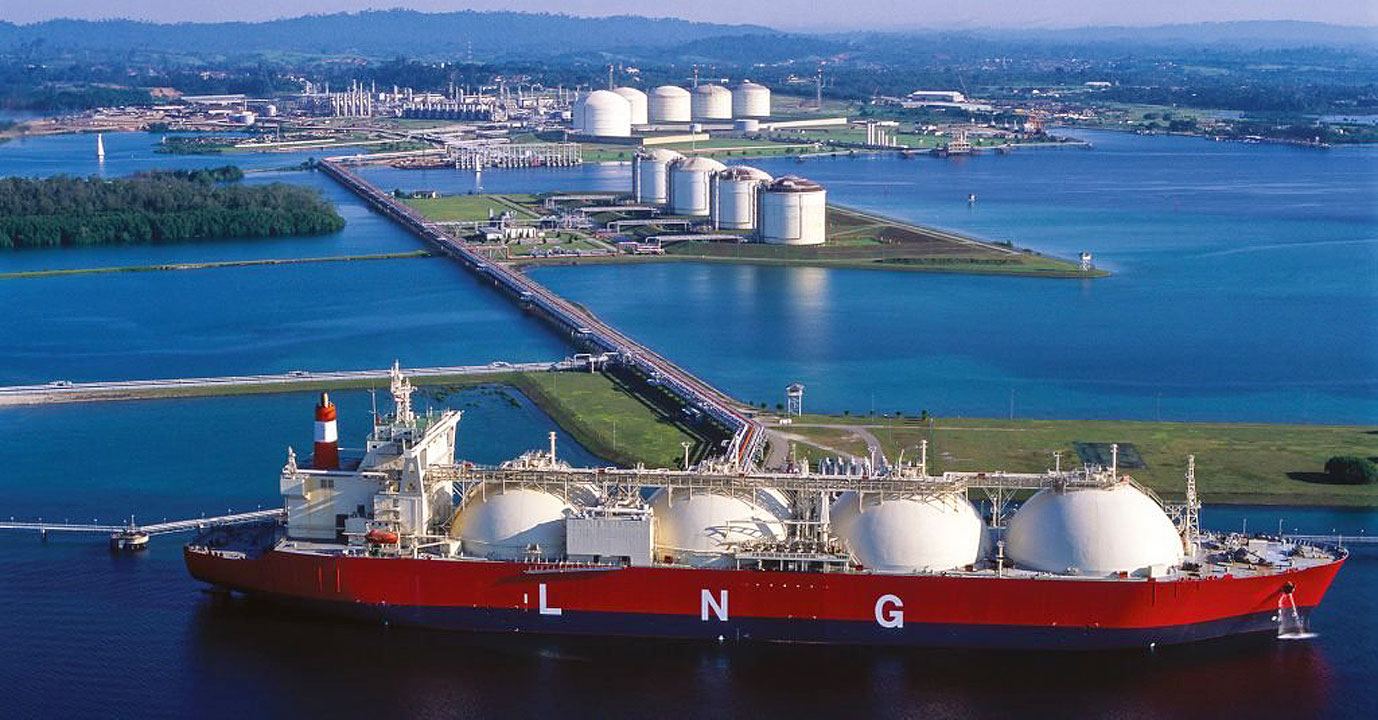LNG prices seen hindering growth in use of gas in Asia

VOLATILE PRICES of liquefied natural gas (LNG) will hold back demand in Asia in the next few years, with new supply coming onto the market by 2025, the Institute for Energy Economics and Financial Analysis (IEEFA) said on Monday.
“Emerging Asian economies are widely forecasted to be the largest growth market for LNG demand globally over the next several decades. However, IEEFA expects that tight global markets and elevated prices may continue to restrain Asia’s LNG demand growth,” IEEFA said.
The Philippines is transitioning to gas imports with the depletion of the Malampaya field. Various companies are building LNG receiving terminals to service the import market.
San Miguel Global Power Holdings Corp. is expecting an LNG shipment to arrive this month. Its supplier, Vitol Asia Pte. Ltd., said it is on track to deliver the Philippines’ first LNG cargo.
“We are pleased and excited to have worked closely with our partner San Miguel Global Power on this historic and first LNG cargo into the Philippines,” Vitol Asia said on its website.
To date, seven LNG terminal projects have been approved by the Department of Energy, two of which are expected to come online in the first half of 2023.
The LNG terminals of First Gen Corp. and Linseed Field Power Corp., a unit of Atlantic Gulf & Pacific Co., are expected to become operational this year.
In the first quarter, IEEFA said that LNG demand is declining despite a downturn in global prices for the fuel.
Jephraim C. Manansala, chief data scientist at the Institute for Climate and Sustainable Cities, said that while Asian LNG spot prices are currently at their lowest in 21 months, they remain much higher than pre-pandemic levels of around $3 per million British thermal units (mmBtu).
LNG prices have now declined to $12.50 per mmBtu from a peak of $70.50 in August, Reuters reported.
“This highlights the high costs and inherent volatility of LNG prices in the global market, which may have implications for the Philippines’ electricity prices and economic sustainability,” Mr. Manansala said.
He said dependence on imports leaves the Philippines vulnerable to price fluctuations and external forces.
“We have not felt the impact of spiking LNG prices yet since the first LNG terminals are still to be commissioned this year, but the volatility of LNG prices remains a concern,” Mr. Manansala added. — Ashley Erika O. Jose



